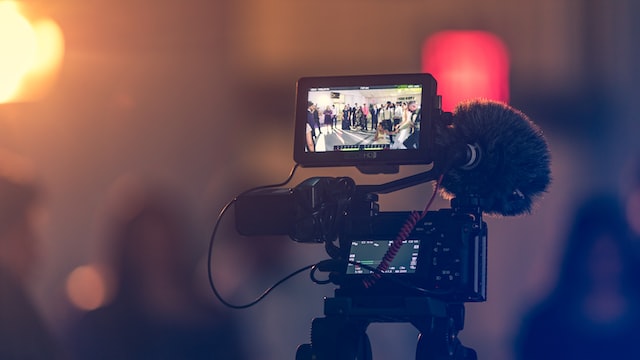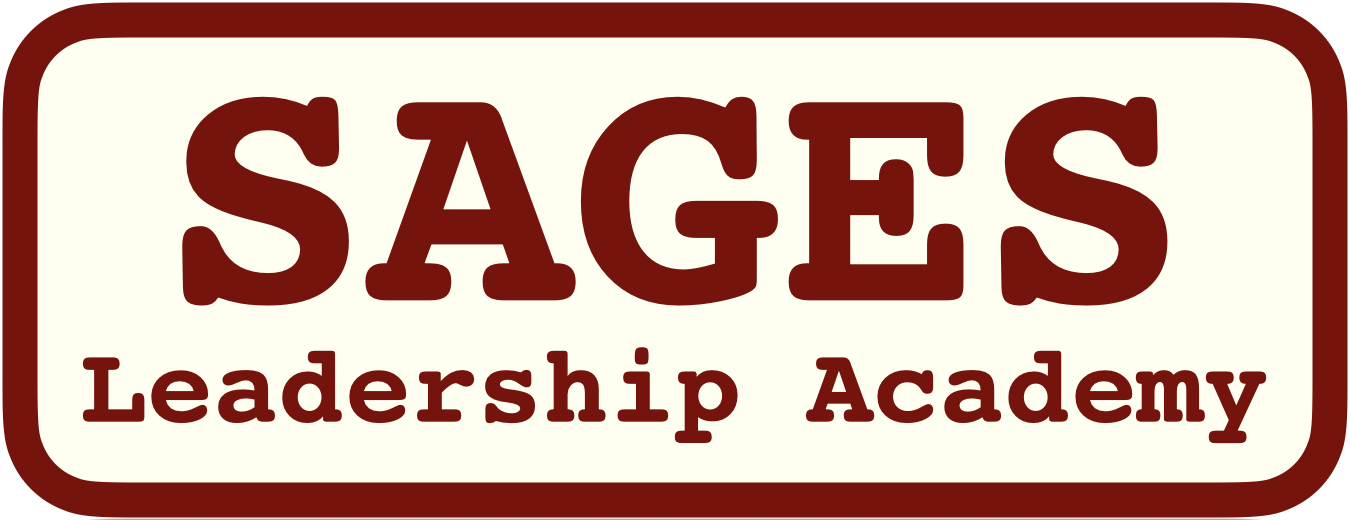The Actor-Observer Bias

Actor-Observer Bias is a cognitive bias that affects the way we make decisions.
Now what is a cognitive bias?
Cognitive bias is a systematic error in making judgments and thinking that occurs when people are processing and interpreting information in the world around them that affects the decisions that they make. Cognitive biases are often a result of your brain’s attempt to simplify information processing
We would like to believe we are objective and rational, and generally make good decisions in our lives. Unfortunately, this is not always true, we are all prone to using heuristics and having cognitive biases which lead us to make irrational and incorrect decisions.
In this article we look at one bias Actor-Observer Bias. Let’s find out what it is and how it affects us.
Actor-Observer Bias
‘We have only one person to blame, and that’s each other!’
Ice Hockey player Barry Beck describing a fight in a game.
We snapped that day because we were busy, we were falling behind on our emails, and had just gotten pulled up by the boss. While someone else snaps because they are short-tempered and impatient. Sound familiar? This kind of attribution, where we blame circumstances for our failings and find fault in personality for others is called actor observer-bias.
Actor-observer bias basically says when judging someone’s actions in a negative situation, we overemphasize their internal factors, like personality, and temperament, and downplay situational factors. While this effect is inversed when we make judgments on our own characters. But, In a positive situation, we reverse this, attributing the other person’s success to their circumstance and our success to our hard work and disposition.
Why
Generally speaking, this bias happens because adjusting our perception to account for the situation takes effort, and we might not always have the time or cognitive resources to do so. Or we might not know enough about the other’s situation, to make an accurate judgment.
Sometimes we also ignore the situation because we believe that it’s not relevant, instead of seeing the behavior as diagnostic of certain personality traits. This error varies in its effect depending on cultures, moods, and age.
Situations
Doctor tells us our cholestrol is high and we blame genetics, but as soon as we hear the same thing about an aquaintance, and immediately remember their unhealthy lifestyle and eating habits.
A student who didn’t do well in an exam. That student may blame the noisy neighbour, or not having the correct study guides. While ignoring their study habits and lack of practice.
While driving we see speeding vehicles and shake our heads in disapproval for thier risky behaviour. But when we are speeding, it is obviously because we are in a hurry and it cannot be helped.
How to avoid
When in a situation where we find ourselves judging someone’s actions, it is a good idea to take a step back, and observe how we are coming to our conclusions.
This bias can also cause misunderstandings and strife in relationships. In conflicts, try to take a step back reflect on your own actions, and try to put yourself in the other’s shoes.
In a nutshell, avoiding this bias requires empathy, and a deliberate effort to achieve a more balanced view of a person and their circumstances.
References
Actor-Observer Bias https://dictionary.apa.org/actor-observer-effect
Actor-Observer Bias in Social Psychology https://www.verywellmind.com/what-is-the-actor-observer-bias-2794813
A Brilliant Explanation of the Actor-observer Bias in Psychology, https://psychologenie.com/explanation-of-actor-observer-bias-in-psychology

